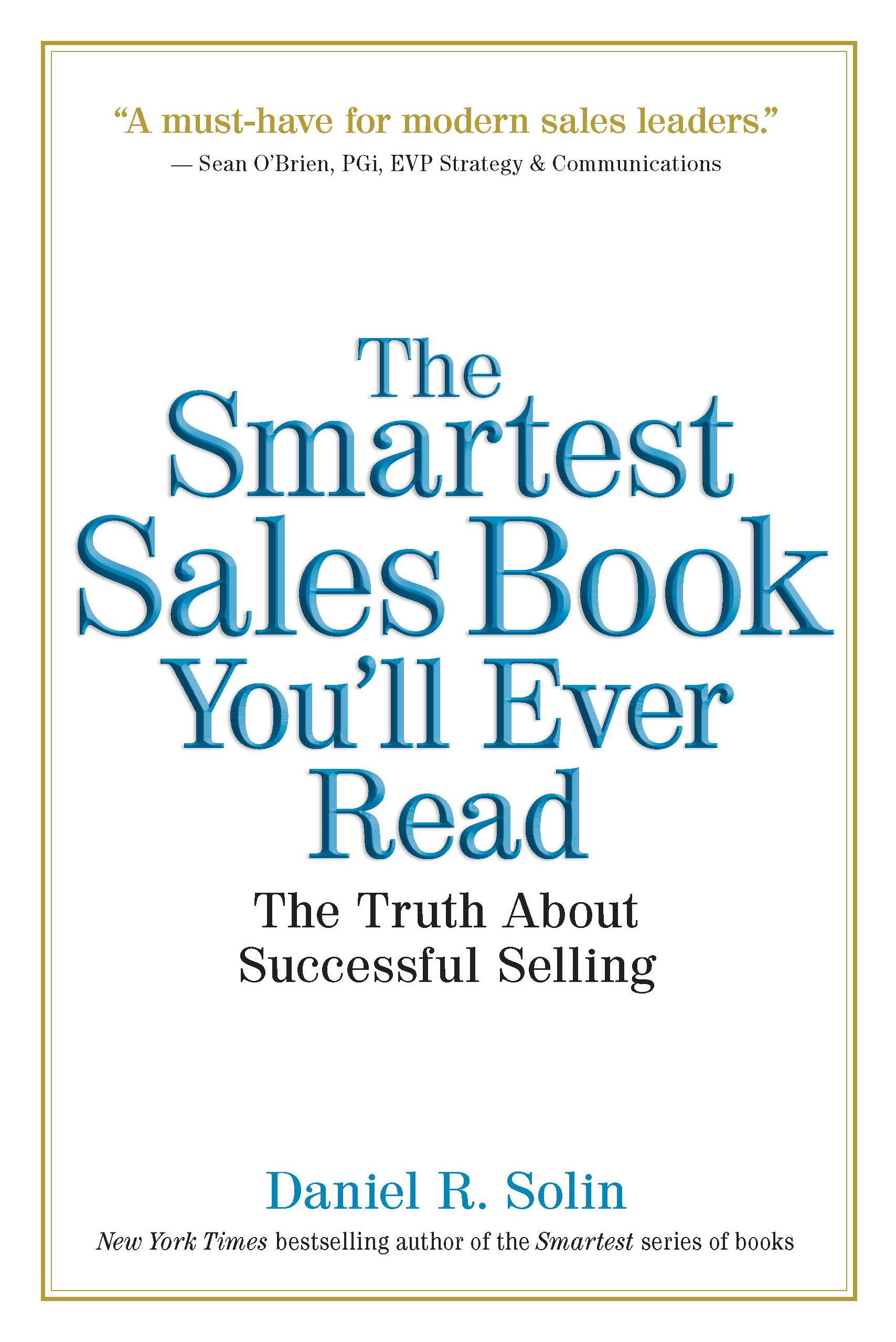Mutual funds are a huge and profitable business. According to the Investment Company Institute, at the end of 2013, $30 trillion worldwide was invested in these funds. More than half that amount was invested by approximately 96 million Americans in U.S.-based funds. U.S. retirement market assets are an estimated $23 trillion, and most of those investments are in mutual funds.
Given these staggering numbers, it's sad that so many investors are woefully ignorant about the funds they are counting on for retirement. If they knew more, I suspect they would invest very differently.
Here are some facts about mutual funds every investor should know:
Many Mutual Funds Don't Survive
Investors are preoccupied with the returns of their funds, often comparing them to the returns of competing funds. Their initial concern, however, should be whether their funds will even survive.
At the beginning of 2003, there were 2,478 stock funds in existence. Ten years later, at the end of 2013, only 52 percent were still in business. They didn't go out of business because they had great returns.
Maybe the question you should ask your broker isn't: "Will this fund outperform the market?" Instead, ask how likely it is that the fund will even stay solvent. Let me know if the answer is: "I don't know. It's a crap shoot. There is almost a 50 percent chance the fund I pick won't be around." I will add your broker to the endangered species list.
Few Survivors Outperform
Just because your fund survives doesn't mean you are out of the woods. Over the same period, from 2003-2013, only 19 percent of mutual funds both survived and beat their benchmark.
If your high-fee mutual fund underperforms its benchmark, you would have been better off with an index fund. Index funds are designed to track a benchmark, so their returns should at least equal those of the benchmark, less low management fees.
"Winners" Don't Persist
Most investors are familiar with the mantra that past performance is no guarantee of future results. Yet many fail to heed this warning. They are swayed by mutual fund advertising that touts stellar past performance. This can be an expensive mistake.
For the period from 2004-2010, only 23 percent of 2,961 mutual funds beat their benchmark. I am sure many investors bought those funds after 2010 with the expectation that they had found fund managers who could continue to "beat the market." Those investors were disappointed. Only 36 percent of those initial winners outperformed in the following three years, from 2011-2013.
The Impact of Costs
We are conditioned to believe value is affected by price. A more expensive car is expected to run better, drive faster and be more luxurious than a less expensive one. It's counterintuitive to understand that the reverse is true with mutual funds. The more expensive the fund, the less likely it is to beat its benchmark.
Over the ten year period ending in 2013, 25 percent of mutual funds in the lowest quartile for expense ratios outperformed their benchmark. In contrast, only 9 percent of the funds in the highest quartile for expense ratios beat their benchmark.
The message is clear: The higher the expense ratio of a fund, the more difficult it is for that fund to beat its benchmark.
The Takeaway
Over long time periods, there is a significant possibility the mutual fund you invest in will go out of business.
Past performance of a mutual fund is a poor indicator of future outperformance.
There is a direct relationship between expense ratios and performance.
If every investor knew this, the thrill of trying to pick an outperforming actively managed fund would be replaced by the sobering reality that low management fee index funds are a far more intelligent and responsible choice.
 Dan Solin is the director of investor advocacy for the BAM ALLIANCE and a wealth advisor with Buckingham. He is a New York Times best-selling author of the Smartest series of books. His latest book is The Smartest Sales Book You'll Ever Read.
Dan Solin is the director of investor advocacy for the BAM ALLIANCE and a wealth advisor with Buckingham. He is a New York Times best-selling author of the Smartest series of books. His latest book is The Smartest Sales Book You'll Ever Read.
The views of the author are his alone and may not represent the views of his affiliated firms. Any data, information and content on this blog is for information purposes only and should not be construed as an offer of advisory services.

